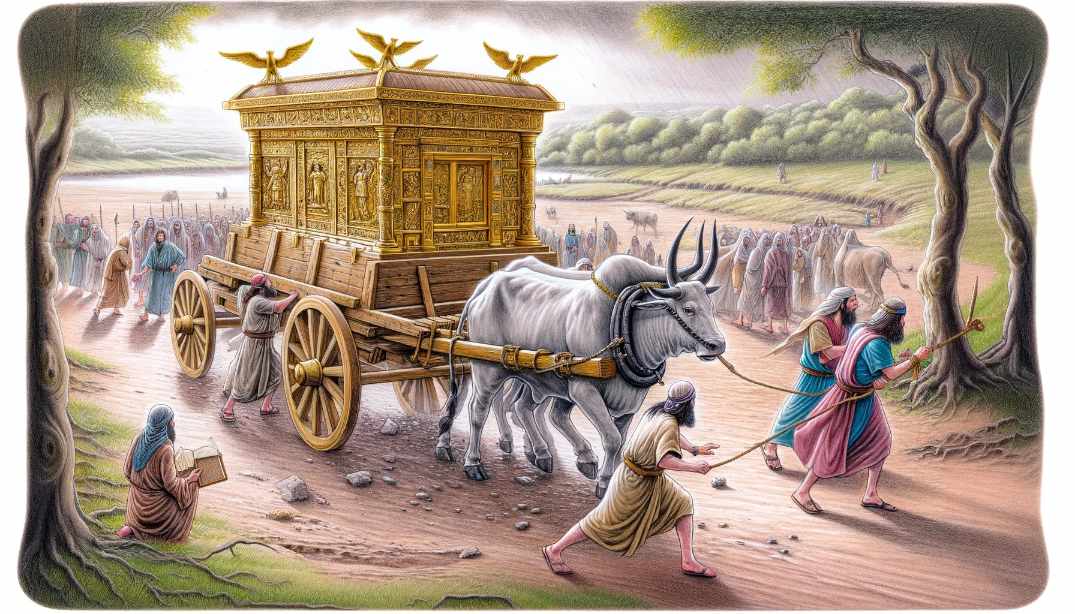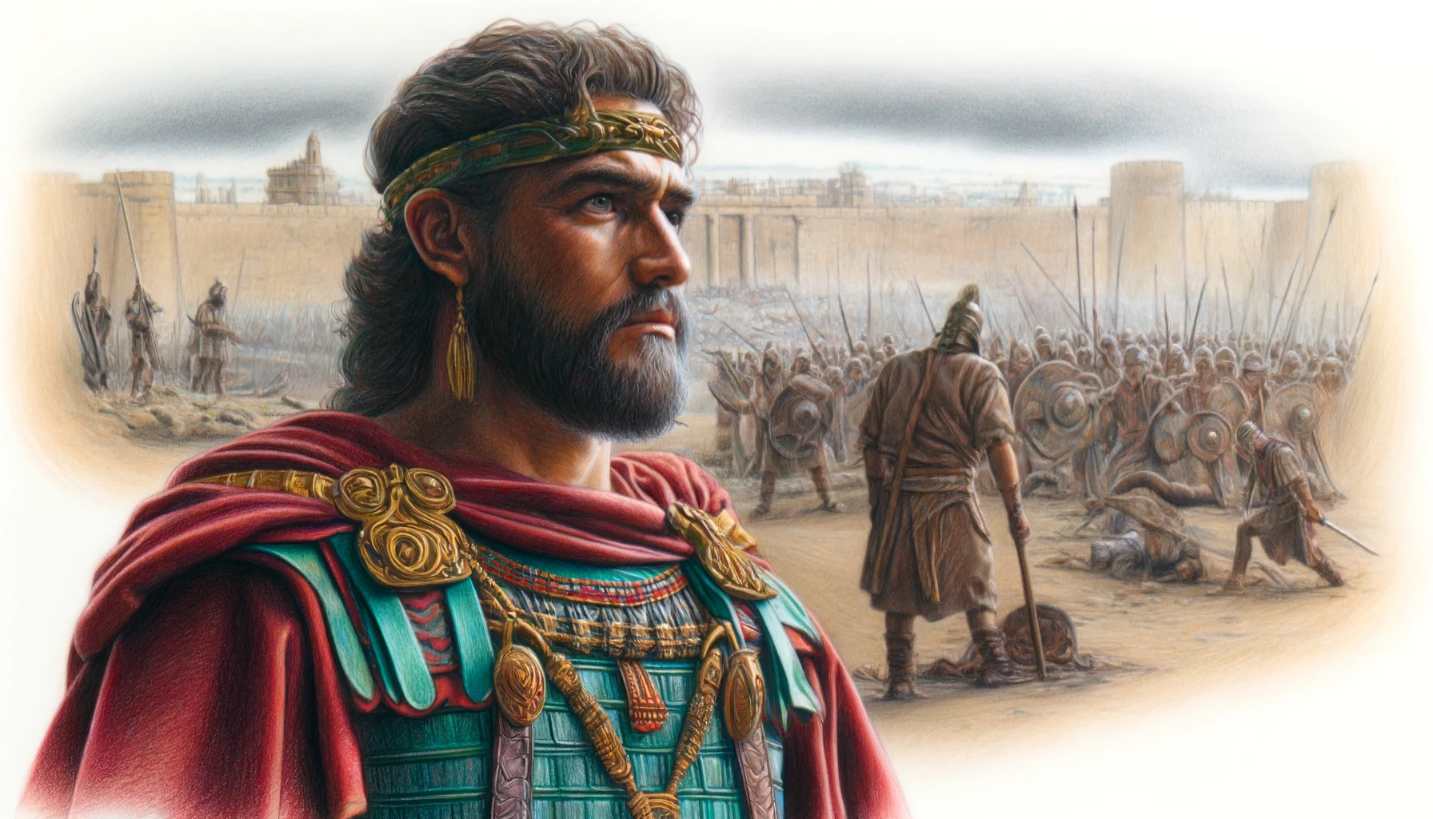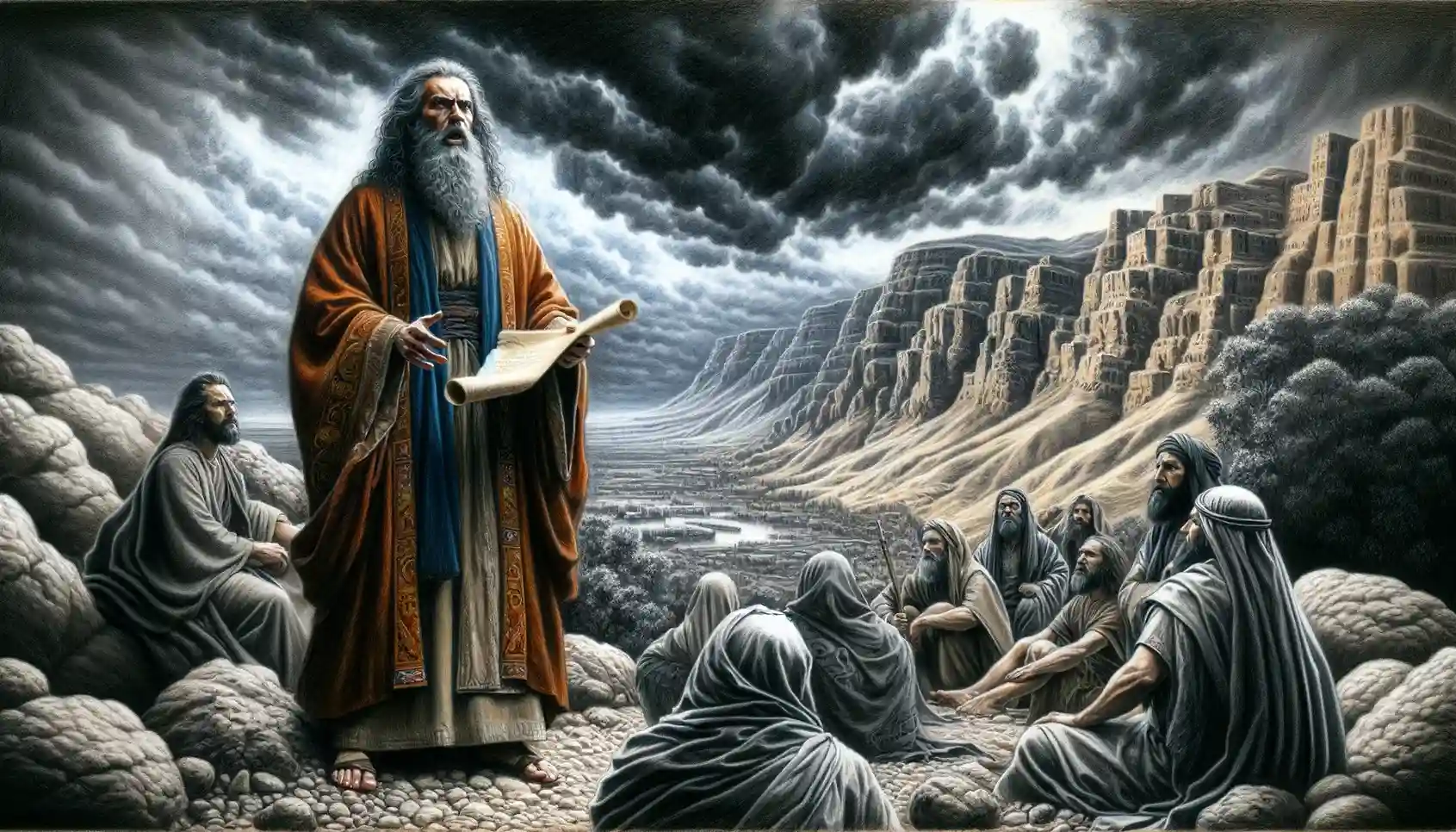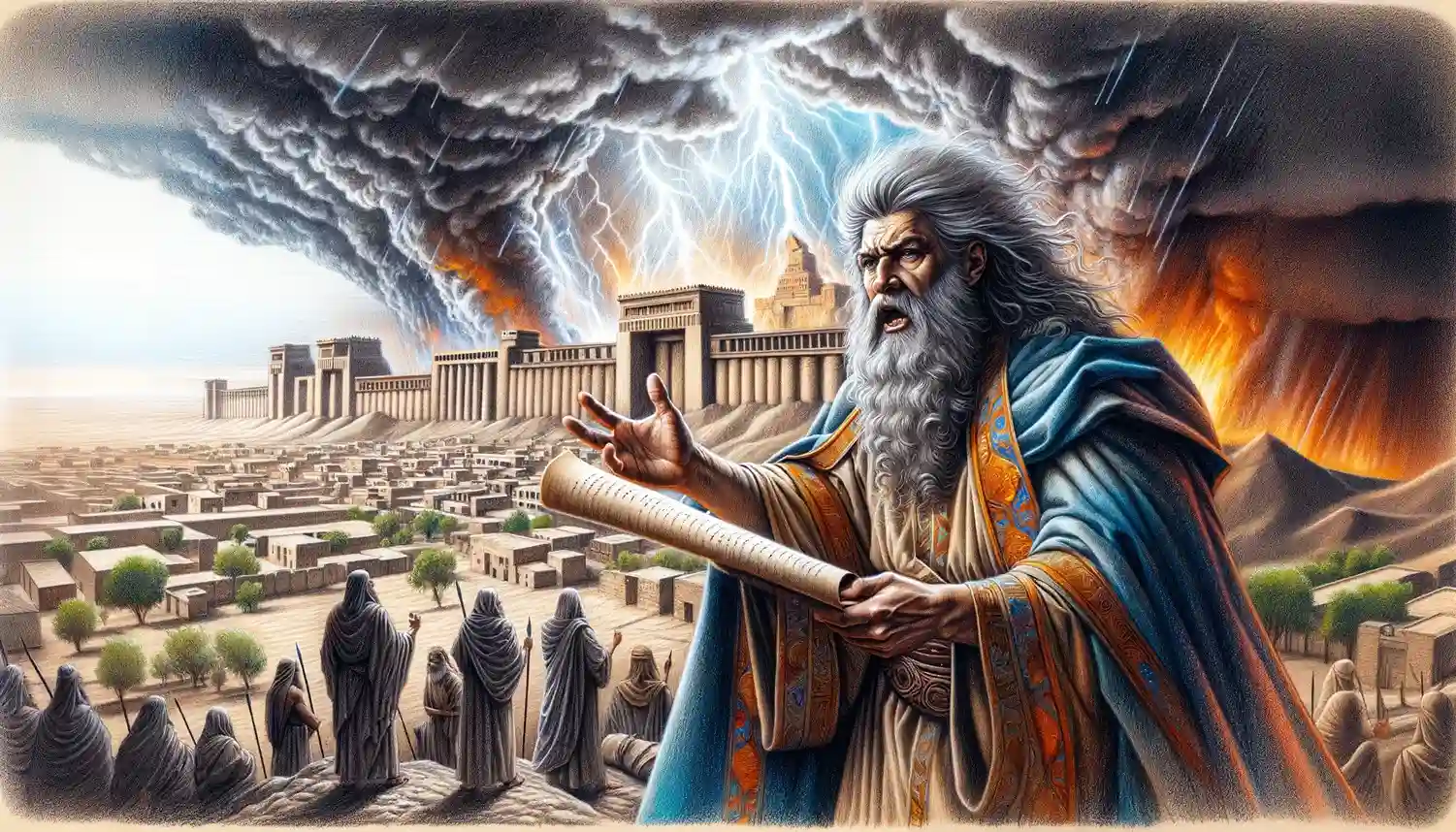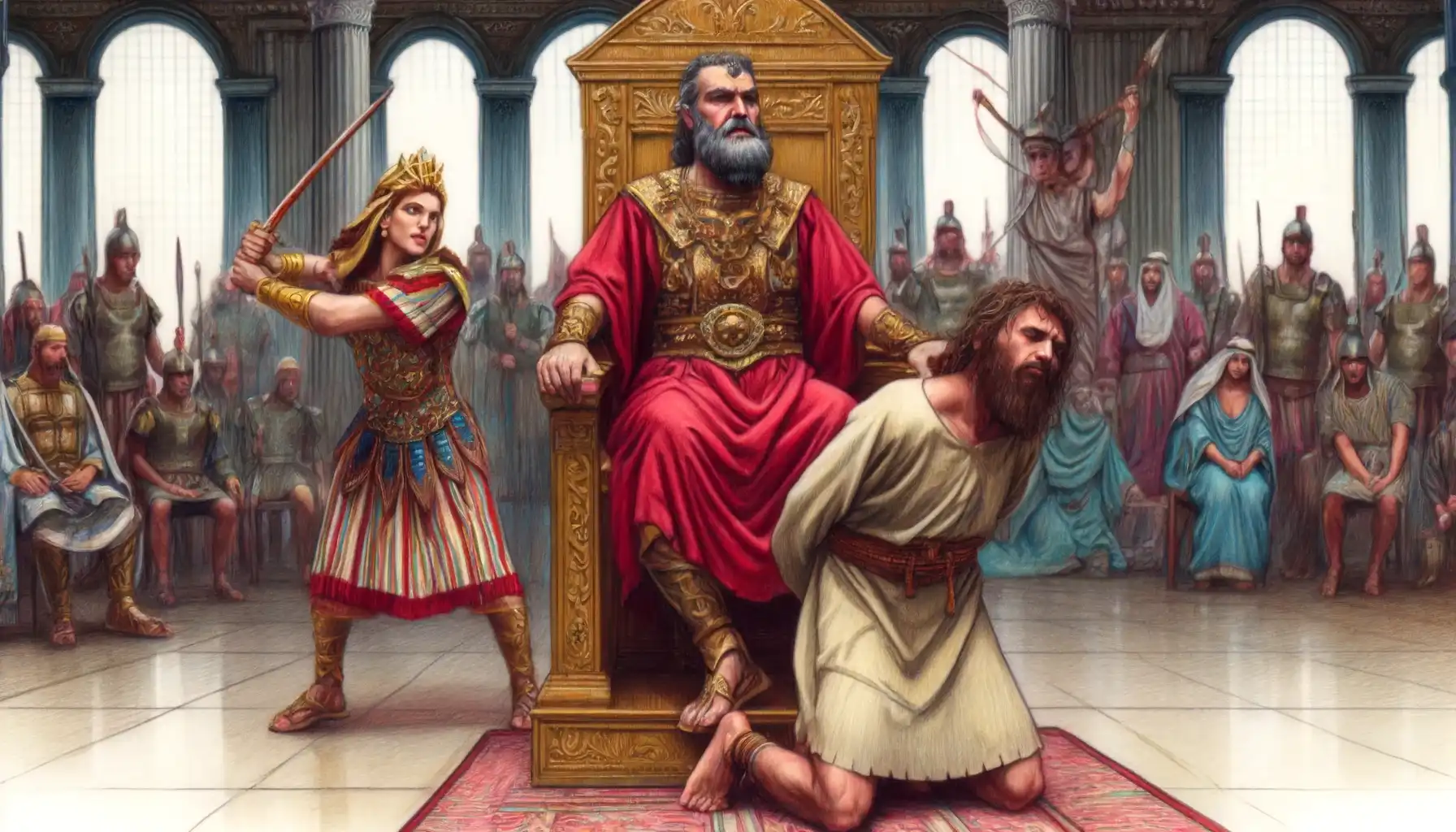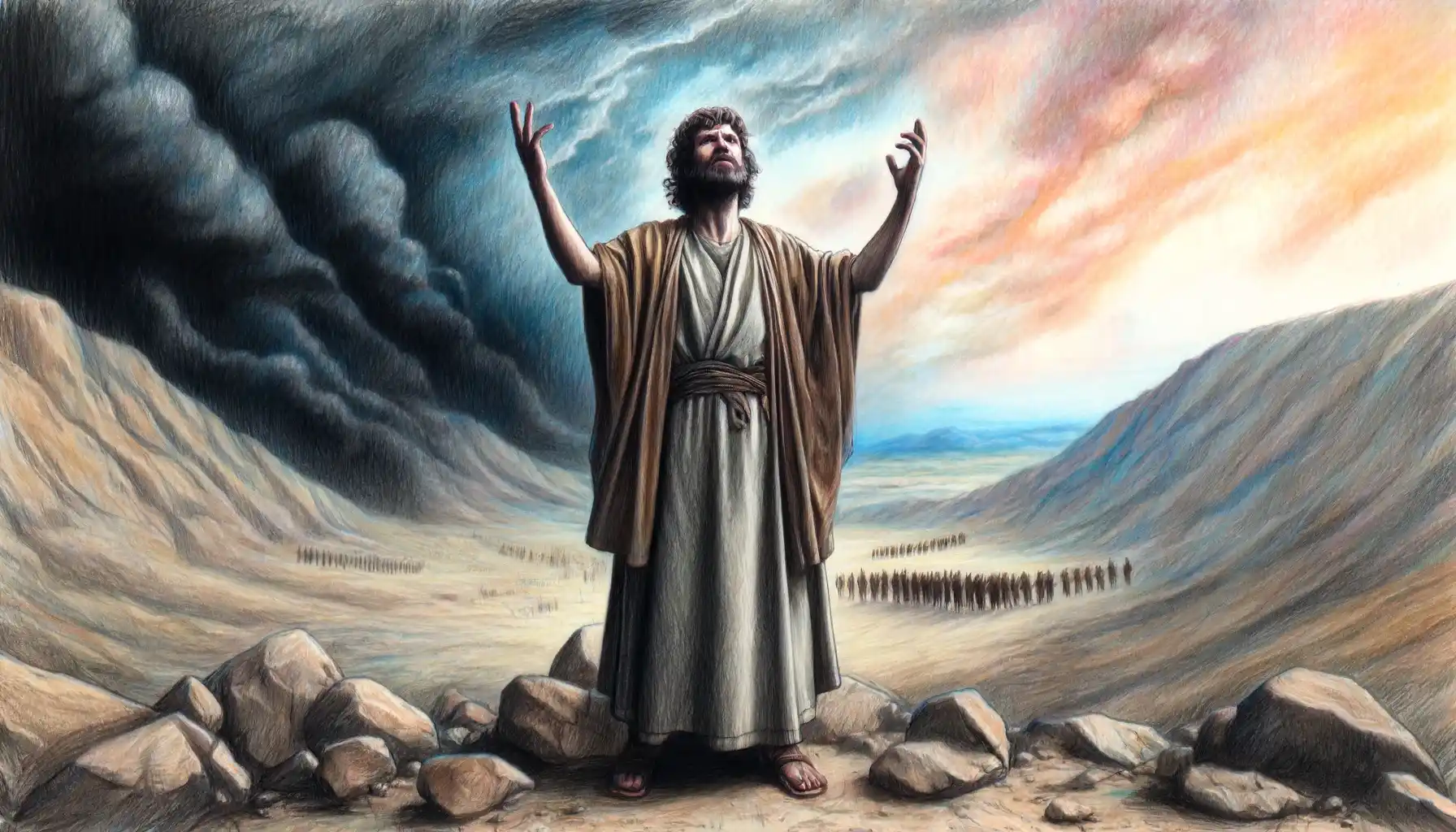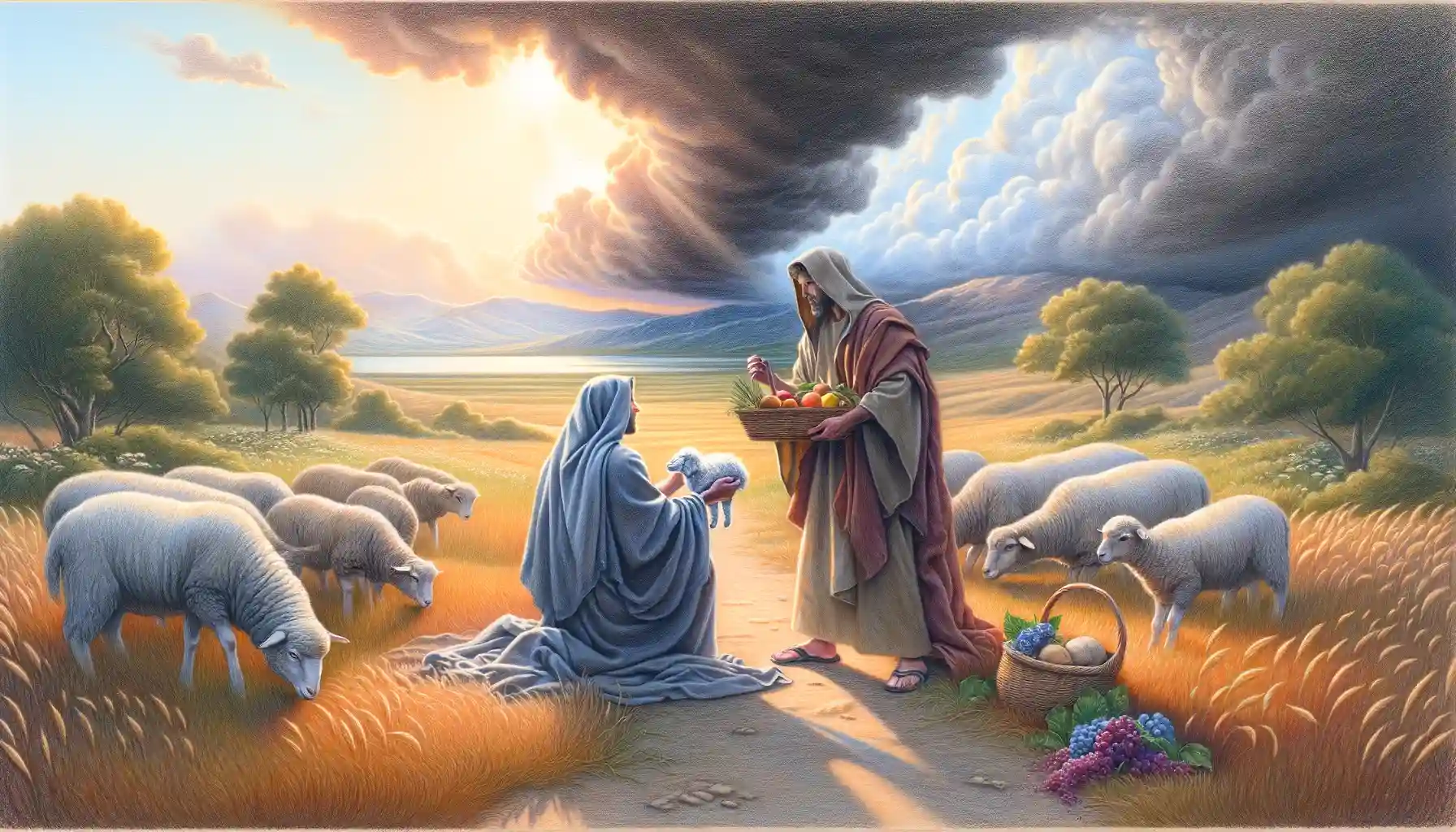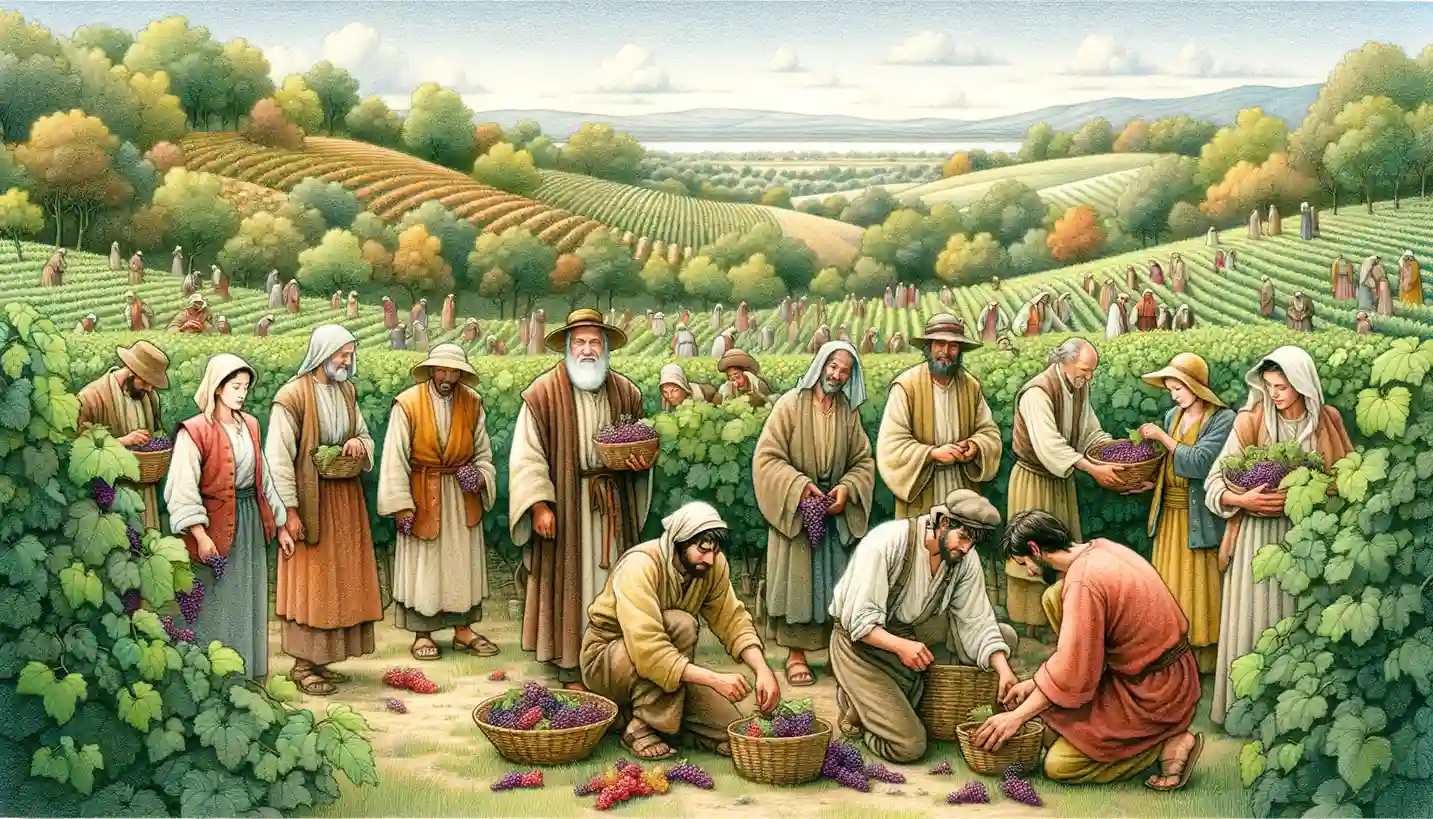The event of Uzzah and the Ark, where Uzzah was struck dead by God for touching the Ark to steady it during its transport to Jerusalem, underscores the absolute holiness of God, the importance of following His specific instructions, and serves as a cautionary tale about the need for reverence and obedience in approaching the divine presence.
Uriah the Hittite, known for his unwavering loyalty and integrity, was a valiant soldier in King David’s army whose tragic death, orchestrated by David to conceal his own sin, serves as a powerful lesson on the consequences of moral failure and the necessity of justice.
Obadiah, a minor prophet, delivered a prophecy focusing on the divine judgment against Edom for its betrayal and cruelty towards Judah, emphasizing themes of divine justice, the restoration of Israel, and the ultimate triumph of God’s kingdom.
Nahum, a prophet in the Hebrew Bible, prophesied the fall of Nineveh, emphasizing divine justice and the inevitable downfall of oppressive powers, while offering a message of hope and comfort to Judah.
Herod Antipas, the tetrarch of Galilee and Perea, is notorious for ordering the beheading of John the Baptist at the behest of Herodias’s daughter, Salome, and played a part in the trial of Jesus before being exiled to Gaul.
Cain’s story is a complex narrative exploring themes of sin, jealousy, divine justice, and mercy. It serves as a foundational tale about the severe consequences of unchecked negative emotions and actions.
Cain’s murder of Abel represents a tragic escalation of sin, illustrating its destructive impact not only on relationships but also on the broader moral order. This narrative has been deeply influential in religious and cultural contexts, shaping discussions about morality, justice, and human nature.
The Battle of Armageddon in Revelation 16:16 is a focal point in eschatological prophecy, symbolizing the climactic end of history where divine justice prevails over the forces of evil.
The Parable of the Laborers in the Vineyard in Matthew 20:1-16 illustrates the generosity of God’s grace, where all workers receive equal wages regardless of their start time.

